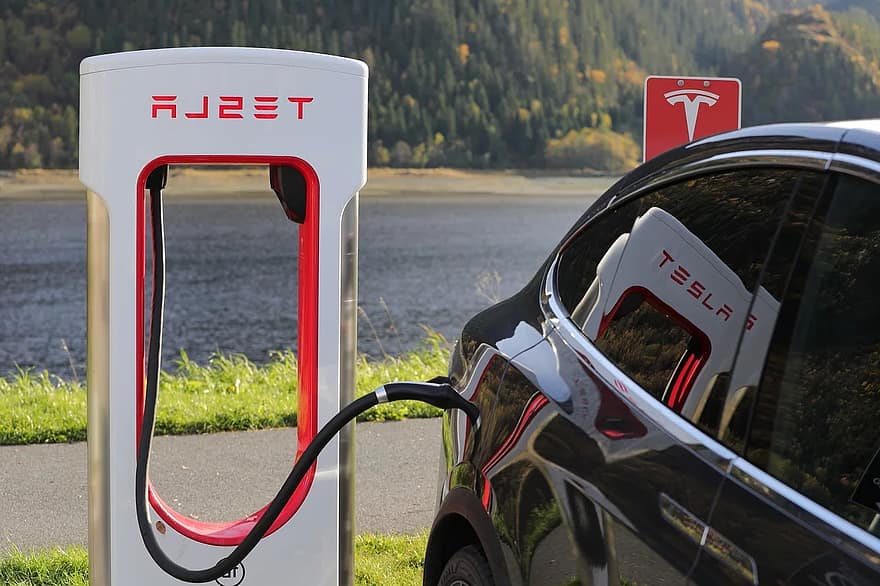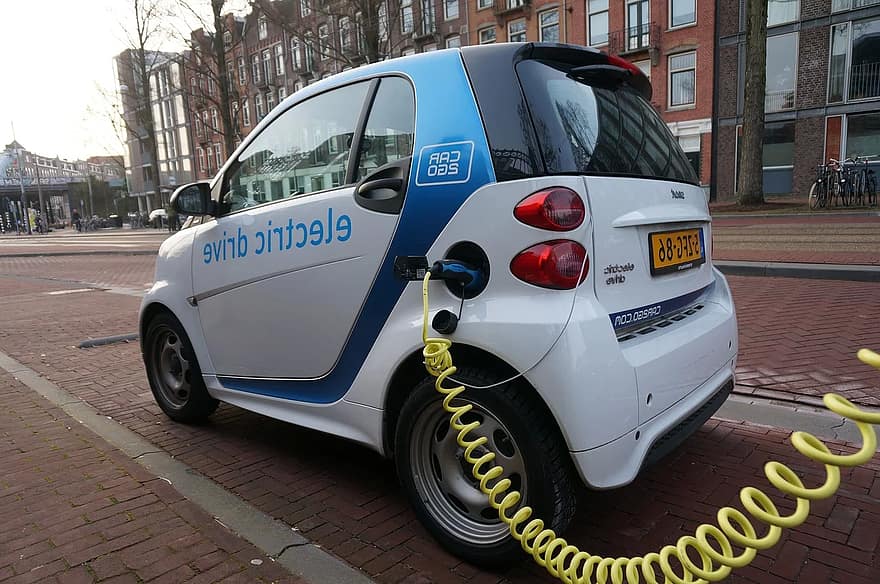Contents
Option 1: Battery rental for your electric car
Option 2: buying the battery for your electric car
Renting or buying a battery for EVs: what insurance should you consider?
The expert’s opinion
When buying an electric vehicle (EV), one of the significant decisions to be made is about the battery: should you opt for the full purchase of a car that includes the battery, or should you prefer to lease the battery? Manufacturers can offer two purchase options. This post reviews the advantages, disadvantages and costs of each option.
Option 1: battery rental for your electric car
Depending on the manufacturer, you may have the option of renting your electric car’s battery rather than buying it with the vehicle. Don’t hesitate to weigh the pros and cons before opting for this solution.
Advantages
The battery is one of the most expensive electric car components; it can represent up to 40% of the purchase price. Opting for a lease will therefore lower the initial cost of your vehicle.
Moreover, leasing an electric car battery allows you to benefit from a replacement warranty when the battery’s capacity is reduced, which is not always the case for a purchased battery. The replacement threshold varies depending on the manufacturer. Generally, the battery is exchanged if it falls below 80% of its capacity.
Finally, the battery rental contract may include specific services such as assistance during failure, maintenance, etc.
Disadvantages
If you opt for an electric car with a battery rental, you will have to pay monthly rent. Don’t forget to consider the cost of rent when comparing the different options.
The amount of rent varies depending on the builder. For example, it may be set according to the length of the lease and the mileage package chosen and paid even if the car is not in use. On average, battery rental for an electric car costs between $60 and $150 per month.
Suppose you plan to resell your electric car. It will be more difficult to resell it on the second-hand market than for a typical vehicle operating with a standard battery. The buyer will have to take over your rental contract or sign a new one.
Please note: all manufacturers do not offer battery leasing. Make sure you are well informed before choosing your electric car.
Option 2: buying the battery for your electric car
The full purchase of an electric car with a battery is a formula proposed by many manufacturers and even imposed by some.
If you opt for this solution, you will have to plan a more considerable investment than to rent the battery.
However, you will be the full owner of your car with total control over it and will not have to pay any additional rent.
This option can therefore be attractive in the long term.
On the other hand, at the end of the manufacturer’s warranty on the battery, you will not benefit from its replacement in case of loss of capacity. If your battery is defective, you will have to replace it at your own expense. The average cost of a battery for an electric car varies from $4,000 to $6,000.
Good to know: manufacturers generally commit to replacing the battery free of charge during a warranty period that can be set in years or kilometres travelled.
Renting or buying a battery for EVs: what insurance should you take out?

Depending on the option chosen
If you opt for a fully electric car purchase, your car insurance will need to cover the battery. You may be able to take out an additional option to cover breakdowns and battery replacement.
If you opt for an electric car with battery rental, remember to check the rental contract’s insurance and assistance conditions. You can, if necessary, supplement the guarantees of the latter as part of your car insurance.
An electric car must be covered by car insurance with specific guarantees.
It is advisable to insure your car with the 0 km power failure assistance, towing to a recharging station, battery recharge claims, etc. Check that your insurer has a network of approved convenience stores and garages for electric vehicles.
Because of an electric car’s value, it is preferable to choose “all-risk” auto insurance. However, if you don’t drive much, you may want to consider small car insurance or insurance by the kilometre.
Also, don’t forget to make sure you have adequate coverage with your home insurance. If you have a home recharging station, check your contract to cover the risks associated with recharging your car and specific installations, especially electrical fire risk.
The expert’s opinion
To adapt to your style, Nissan offers 2 battery capacities, for a range of 270 or 385 km. And to better accompany Nissan LEAF users daily, the battery capacity (included in the purchase) is guaranteed for 8 years / 160,000 km. In the event of a breakdown due to an empty or nearly empty Li-ion battery during the entitlement to Nissan Assistance service, users also benefit from free assistance for added peace of mind (subject to fair use of the vehicle).
To read further
Are you considering buying an electric car but still want to know more about this type of vehicle?
Read here for the maintenance to be planned for your EV.



One thought on “Electric Car Battery: Rent or Buy?”